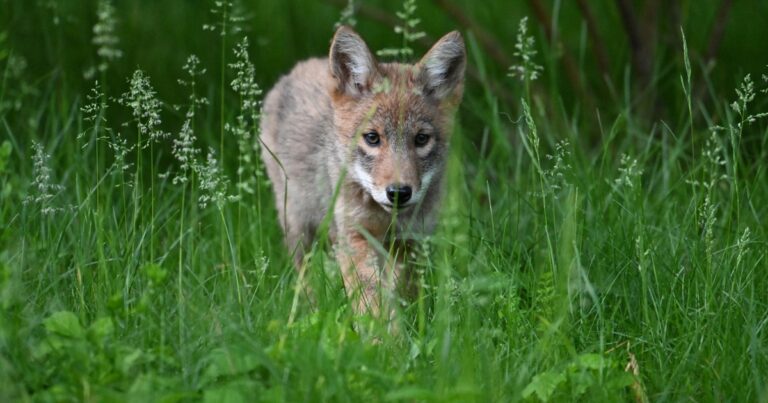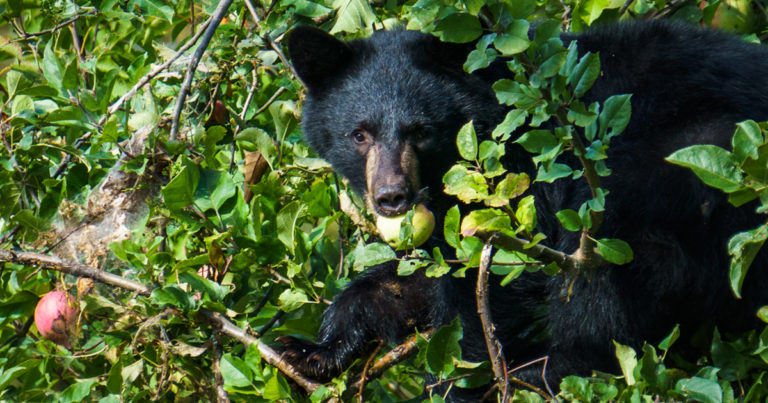
Study: Popularity of roadside bear viewing impacts bears and humans
Dr. Valli Fraser-Celin explores paper from Frontiers in Conservation Science on how to manage people – and bears – around roadsides in Kananaskis, Alberta.

Dr. Valli Fraser-Celin explores paper from Frontiers in Conservation Science on how to manage people – and bears – around roadsides in Kananaskis, Alberta.

Dr. Valli Fraser-Celin reviews Cities and the Environment paper that indicates how communities can successfully coexist with coyotes.

Hope of survey is to find opportunities to improve coexistence with bears in communities.